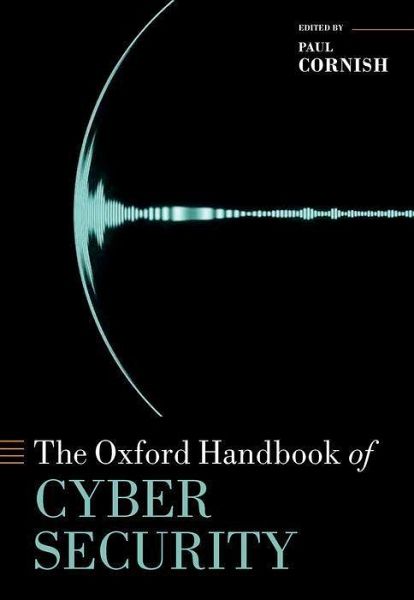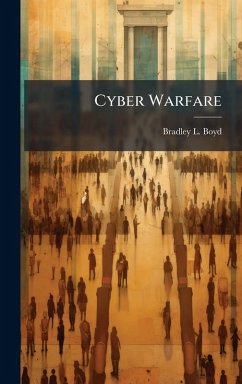
Gebundenes Buch
The Oxford Handbook of Cyber Security
Versandkostenfrei!
Versandfertig in über 4 Wochen

PAYBACK Punkte
113 °P sammeln!




The Oxford Handbook of Cyber Security presents forty-eight chapters examining the technological, economic, commercial, and strategic aspects of cyber security, including studies at the international, regional, amd national level.
Paul Cornish was educated at St Andrews, LSE, and Cambridge Universities. He has served in the British Army and the Foreign and Commonwealth Office, and has worked at research institutes including Chatham House, the UK Defence Academy, the Centre for Defence Studies (King's College London), RAND Europe, and the Universities of Cambridge, Bath, and Exeter. His work covers international security, national strategy, arms control, the ethics of armed force, civil-military relations and cyber security. He was Co-Director of the Cyber Security Capacity Building Centre at Oxford University, 2013-18, and Professorial Fellow at the Australian National University, 2017. He is Visiting Professor at LSE IDEAS, London School of Economics.
Produktdetails
- Verlag: Oxford University Press
- Seitenzahl: 890
- Erscheinungstermin: 4. Februar 2022
- Englisch
- Abmessung: 252mm x 178mm x 52mm
- Gewicht: 1702g
- ISBN-13: 9780198800682
- ISBN-10: 0198800681
- Artikelnr.: 62162007
Herstellerkennzeichnung
Libri GmbH
Europaallee 1
36244 Bad Hersfeld
gpsr@libri.de
Für dieses Produkt wurde noch keine Bewertung abgegeben. Wir würden uns sehr freuen, wenn du die erste Bewertung schreibst!
Eine Bewertung schreiben
Eine Bewertung schreiben
Andere Kunden interessierten sich für











